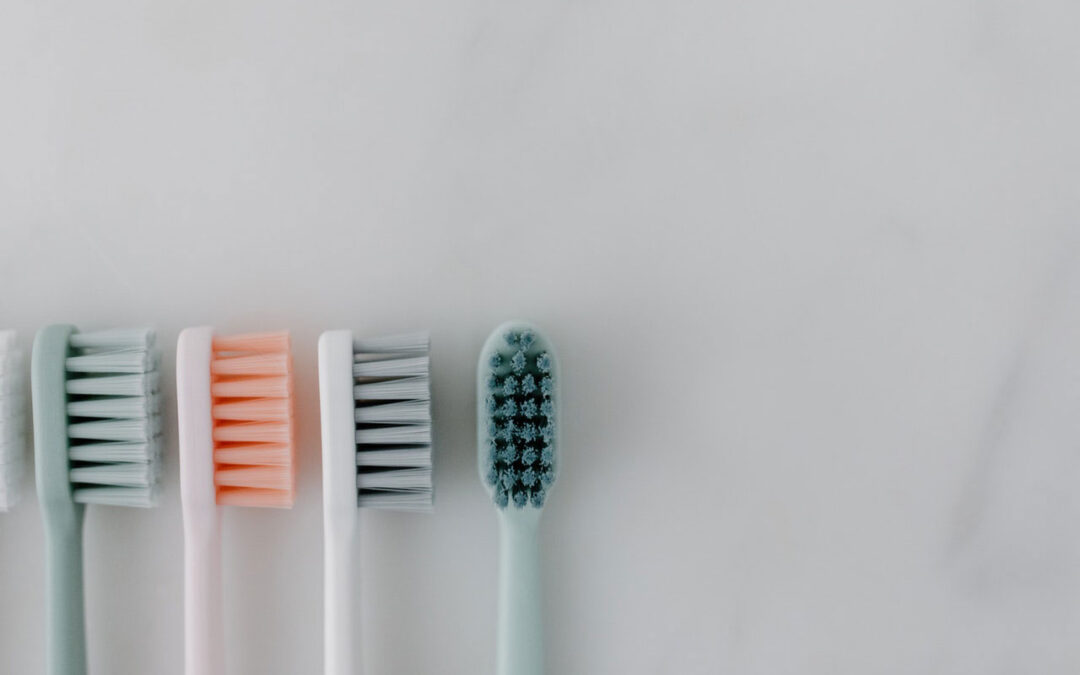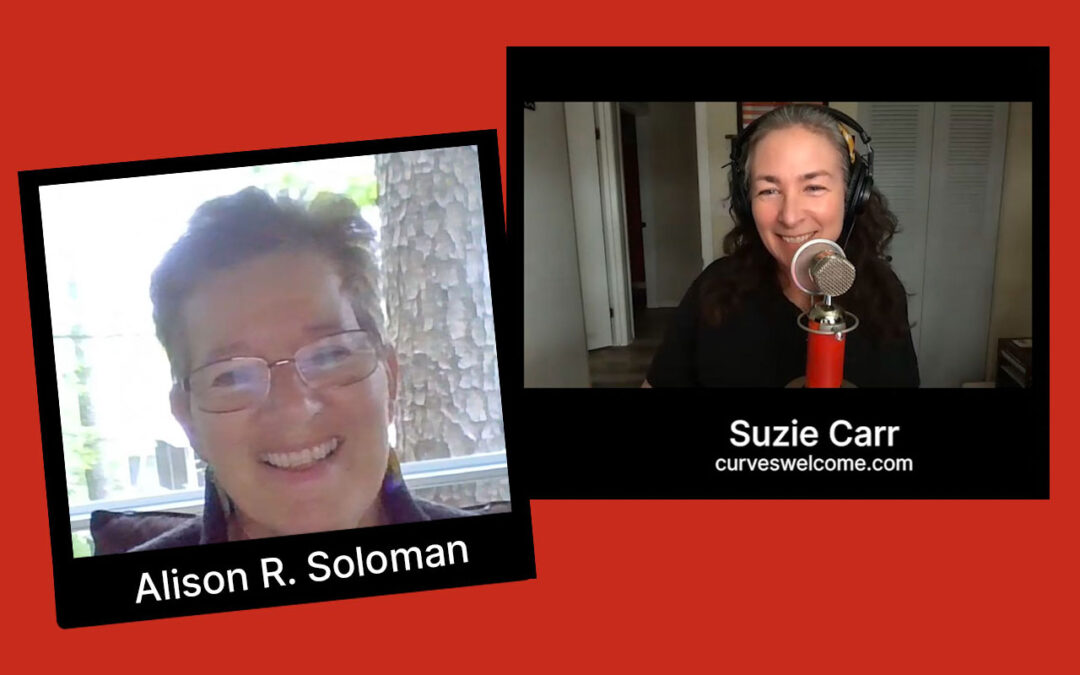
Use These Tips To Make Every Day A Better Day
Life is lived at such a rapid pace. We often forget to look after ourselves. With the stresses of work, family life, and everything in between, we don’t always take a step back and think about our own health and wellbeing. With that in mind, read on to discover some of the things that you can do to take care of yourself every day.
Don’t forget your medication
If you need to take any type of medication, one of the worst things you can do is not take it. However, with everything going on around you, it can be easy to forget to take it. Why not set an alarm on your phone or use one of the helpful phone apps that are available? If you need to use an inhaler, or take any type of pills, apps can help to ensure you do so at the same time every day. There are also some applications that will help you to see the benefits too.
Do some yoga
This mere suggestion may have many of you feeling ready to skip to the next point. You’re not a yoga person after all! Well, give it a try. If you hate it, that’s fine, you don’t need to do it again. But you may be shocked to discover that you love it, and that it makes your body and mind feel refreshed and revitalized.
Recognize unhealthy habits
You won’t be able to deal with any unhealthy habits if you do not recognize them in the first place. From covering up real issues to damaging your eyes, there are a number of unhealthy habits most of us are guilty of. Make sure you recognize yours so that you can deal with them. Karan Bajaj often looks at healthy habits and business success, so figure out your bad habits at work too.
Wake up slowly
Are you someone who wakes up and immediately checks your emails the second you open your eyes? Don’t do it! They can wait. Give yourself 30 to 45 minutes to wake up slowly so you can start your day the right way. Take a shower and get ready, and then check your emails.
Keep a journal
A lot of people feel like they don’t have the time to keep a journal, but it literally only takes a few minutes from your day. It can be in bullet-form, and it helps you to focus your thoughts and get things off your mind. Make a note of how you feel, the people you have meet, what you have done, and so on.
Set specific time slots when you don’t work
Are you a workaholic? It’s important to get some balance into your life. By setting specific time slots when you don’t work, you will have the perfect opportunity to take better care of yourself.
As you can see, there are many different ways that you can take care of yourself on a daily basis to ensure that your mind and body are healthy. The importance of this cannot be ignored. We are all guilty of taking ourselves for granted from time-to-time, but it is so important to look after number one.






